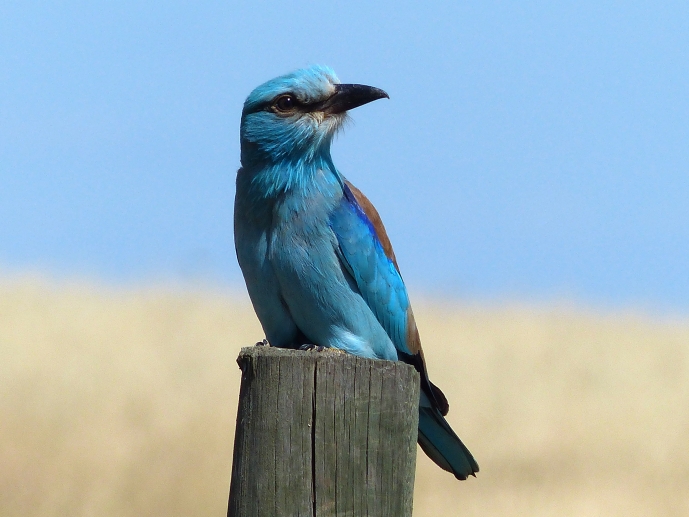Population Ecology and Conservation - POPECO
Our research focuses on examining how natural populations adapt to human-driven environmental changes over space and time. These populational responses manifest in various forms, including demographic shifts, phenotypic changes, and shifts in behavior. We explore the ecological and evolutionary mechanisms driving these responses, aiming to enhance our ability to forecast population persistence in changing environments. For the 2025-2029 period we will focus on the following topics:
Ecology and Evolution of bird migration under environmental change: we aim to expand our knowledge on the ontogeny of bird migration by studying the physiological, ecological and evolutionary mechanisms determining shifts in migratory behaviour, and assess how fast populations can adapt to environmental change. To do so, we will take advantage of a decade-long GPS-tracking dataset on white storks and large-scale international collaboration. As part of the EUFLYNET COST ACTION, a European research network for the effective conservation of migrant landbirds, we aim to enlarge our international cooperation on the study and conservation of migratory birds, as well as to provide training with researchers of peripheral countries. Under an ongoing partnership with the University of Montpellier (BIOPOLIS Teaming Horizon 2020 programme) we will further work on "Mobilising tracking data on African-Eurasian migratory birds to support conservation at the flyway scale”.
Ecology and conservation of farmland birds: our long-term monitoring (25 years) renders this study system unique to further investigate the responses of species populations to the most future likely scenarios of agricultural change, driven by PAC policies. Our ultimate goal is to inform decision-making, particularly for the definition and implementation of agri-environmental schemes. We aim to implement ongoing and future conservation projects focusing on steppe birds such as the European roller, Lesser kestrel and Montagu’s Harrier.
